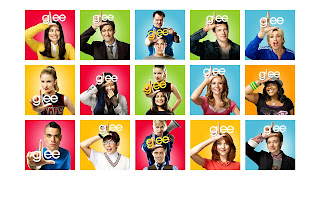Although I had already seen the first episode of Pretty Little Liars, watching it through a more critical lens, I definitely found myself recognizing things about the show that had not quite crossed my mind the first time watching it.
The shows undeniable obsession with technology is something that has come to be fairly common among shows feared towards millennials. The emphasis placed on the texts from “A” become a central component of the show. This emphasis is extremely similar to Gossip girl. Stein even notes that “Indeed, if A/Alison has a counterpart in currently airing teen TV programming, it would be the anonymous and all-seeing Gossip Girl.” What does this use of technology imply?
The articles we read for the week were intriguing, however, upon watching both shows something occurred to me and rather than really directly relate the reading the screening, this week I’m using the readings as a starting point but taking my post in my own direction. Gossip Girl’s storyline revolves around the power of technology, specifically the website posts and text alerts that come from a mysterious person. Pretty Little Liars uses a similar mechanism, except her name is “A.” What I think is fascinating to think about is the role technology has been given. While the teens in the show text each other, the primary use of technology in these two shows is to expose secrets for the most part. In both shows, characters are caught off guard by text messages about things they thought no one else would find out about. In a sense, technology is used to hold these teens accountable. It is sort of like a conscience of sorts. It implies they need to be careful, because someone is always watching and technology never allows things to remain a secret.
The spin that has been put on technology makes me think about the generation gap. Indeed it is our parents’ generation who is creating shows like this. Teens have become comfortable with technology and see it as a positive. While I certainly am not going to make the claim that the generation above us fears technology, I do think that there are some hints of that in these shows. My mom is always shocked at finding out about how much people reveal on the internet etc. How many times on the news have you seen a story where technology incriminates someone? I think that our generation realizes that but adults feel we may be too naïve and fail to understand the consequences and I think shows like Gossip Girl and Pretty Little Liars address that.

















